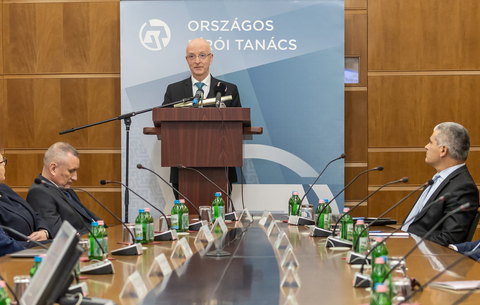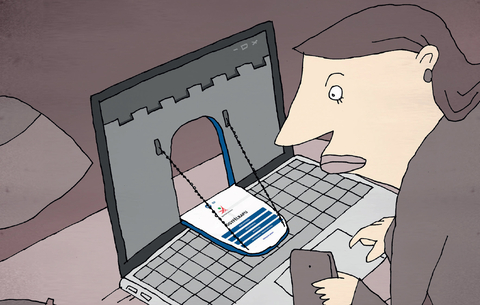Traditional churches and the government
Relations between the Socialist-Liberal government and the traditional churches have never been easy, but at the end of its term, the Gyurcsány government is planning a spectacular gesture: it plans to decide on the issues relating to properties formerly in church hands as early as this month.
Ferenc Gyurcsány, the prime minister, intervened to make sure that the Catholic, Reformed and Evangelical churches, as wel as the Hungarian Alliance of Jewish Communities (Mazsihisz) should get the HUF1bn that they had been owed by the government since 2004. HVG has learned that the Cabinet is working hard to draw up the agreements which would bring to an end the debate over properties formerly belonging to the churches.
The process, which began in 1992, was originally due to be complete in 2001. The Horn government extended this deadline to 2011, though the Medgyessy government subsequently revised this to 2006. But the budgetary provision for compensation was lacking, so it seemed for a while that this deadline would be missed. At the beginning of this parliament, the compensation budget was increased, but last year and this year t was cut once again.
Of course, the Gyurcsány government can no more provide the instant 'hot money' to meet compensation demands instantly than its predecessors. A committee of government and church representatives has been negotiating for months to find alternative solutions that would bring to an end the almost traditional system of annual compromises.
The commission is deciding on the fate of each case separately, deciding on a precise sum for compensation, and also setting deadlines for payment. The affair will only end when the parties have agreed how much will be paid from the budget each year between 2007 and 2011.
The plan is for the cabinet to receive a final document at the end of March, with precise agreements relating to every remaining property.
Both parties will then have a clear idea of how much is demanded and how much is owed.
There are around 800 cases awaiting resolution. Tibor Fedor is in charge of the office charged with dealing with them. He said about HUF40bn would be needed. Iván Platthy, who served as state secretary for church affairs under the Antall, Boros and Horn governments, and who is now an adviser to Katalin Szili, president of parliament, is less optimistic. He estimates that some HUF70-80bn will be needed. For comparison, the Medgyessy and Gyurcsány governments have closed about 400 property cases. This means that the cabinet hopes to complete a full parliamentary cycle's worth of business in three to four weeks.
The churches have an interest in bringing the matter to a conclusion.
If they have a commitment from the government, they can secure loans more easily. A commitment would also make it easier to sell options on future assets to the banks, meaning the government's debt obligations would be transferred to the banks.
Several banks are excited about the opportunities. OTP made similar proposals to the churches last year. This means that, once an agreement is in place, the church's will be able to lay their hands on the assets they lost in 1948 within months.
Another important benefit would be that the churches and those currently using the buildings (normally local authorities) can bid for EU finance and grants from the National Development Plan with a clean asset sheet.









